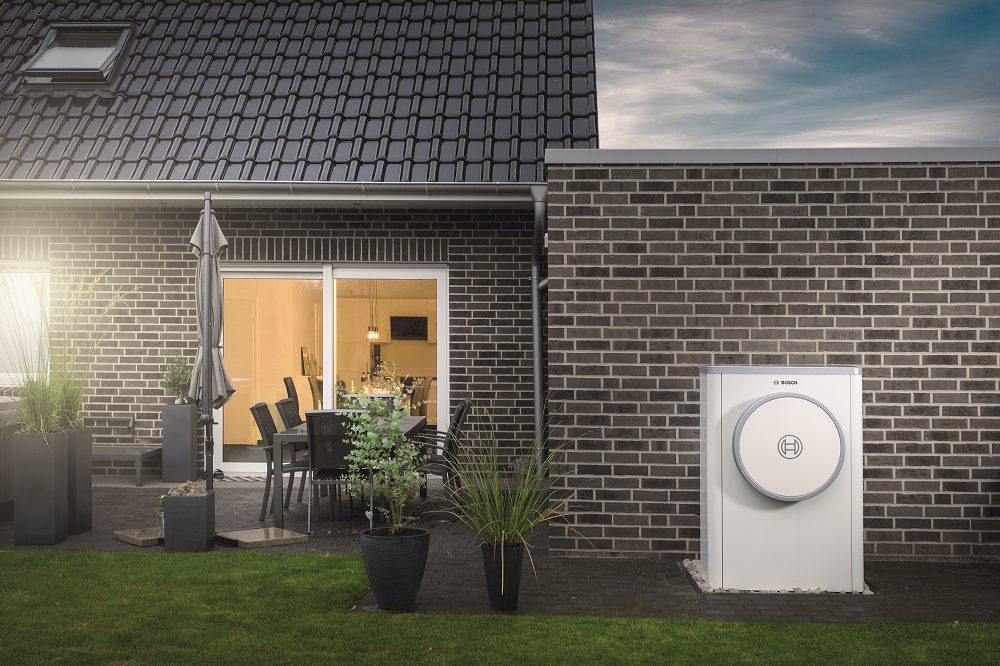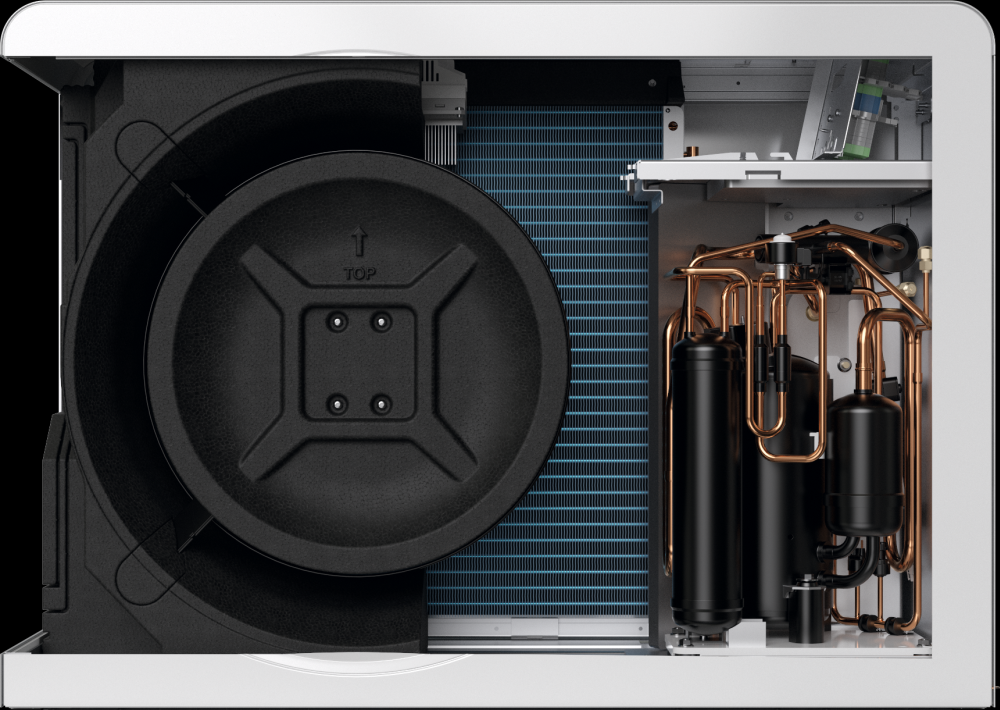| Duration: | 08/2023 - 01/2027 |
| Contracting Authority/ Sponsors: | Federal Ministry of Economic Affairs and Climate Action (BMWK), Projektträger Jülich (PtJ), Förderkennzeichen 03EN4055A |
| Project Partners: | Fraunhofer IBP, Robert Bosch GmbH |
| Project Focus: |
QUEEN-HP – MEEP: Model-Based Engineering of Evaporator Periphery
Quiet Efficient Electric Natural Refrigerant Heat Pump
Heat pumps play a crucial role in the future climate-neutral heating and air conditioning of buildings. In 2021, heat pumps were used in half of all new buildings. Germany recorded the operation of 1.2 million heat pumps in the same year. The majority of these heat pumps (70%) use air as a source. As their numbers continue to rise sharply, an increasing challenge arises: reducing heat pump noise to a minimum. To meet this challenge, a project network of heat pump manufacturers, component suppliers and research institutes has joined forces to minimize the noise generated by air-to-water heat pumps.
In the technology project »Model-based development of the evaporator periphery«, the components adjacent to the evaporator are adapted so that newly developed evaporators can be profitably used in a heat pump.
In order to operate the evaporator of a heat pump efficiently, certain boundary conditions must be met so that icing and defrosting as well as the equal distribution of air and refrigerant function correctly. These include that the air flow is optimally designed, that the refrigerant enters the evaporator in the correct state and that the ice slurry, which is formed in the drip tray during a defrost, can melt efficiently.
These aspects are addressed in the technology project: Various optimizations are introduced into a reference heat pump, e.g., the use of waste heat from the heat pump to melt the ice slurry, a technical implementation for conditioning the refrigerant for operation with microchannel evaporator based on a model-based analysis of the heat pump, and the implementation of a microchannel evaporator. Thermal, optical and acoustic measurements will be combined to evaluate and optimize a comprehensive picture of the evaporator with new components and new functional integrations.

